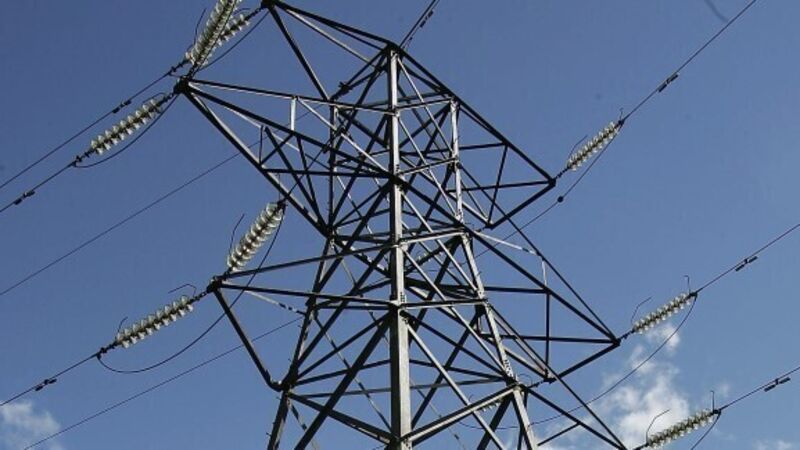Pause for reflection before we make final decision on pylon network

Talking about the fear that people have, he made the point that no politician in a democracy would ever wilfully set out to place the citizens of that democracy in danger.
I buy that. I don’t doubt for a minute that the Government’s approach to this entire debate about pylons is motivated by concern for the future of the country and the economy. The approach they are taking, which combines what they see as the most efficient distribution of energy with the most environmentally sound methods of production — wind farms and pylons, in short — is designed to give us energy security into the future.















